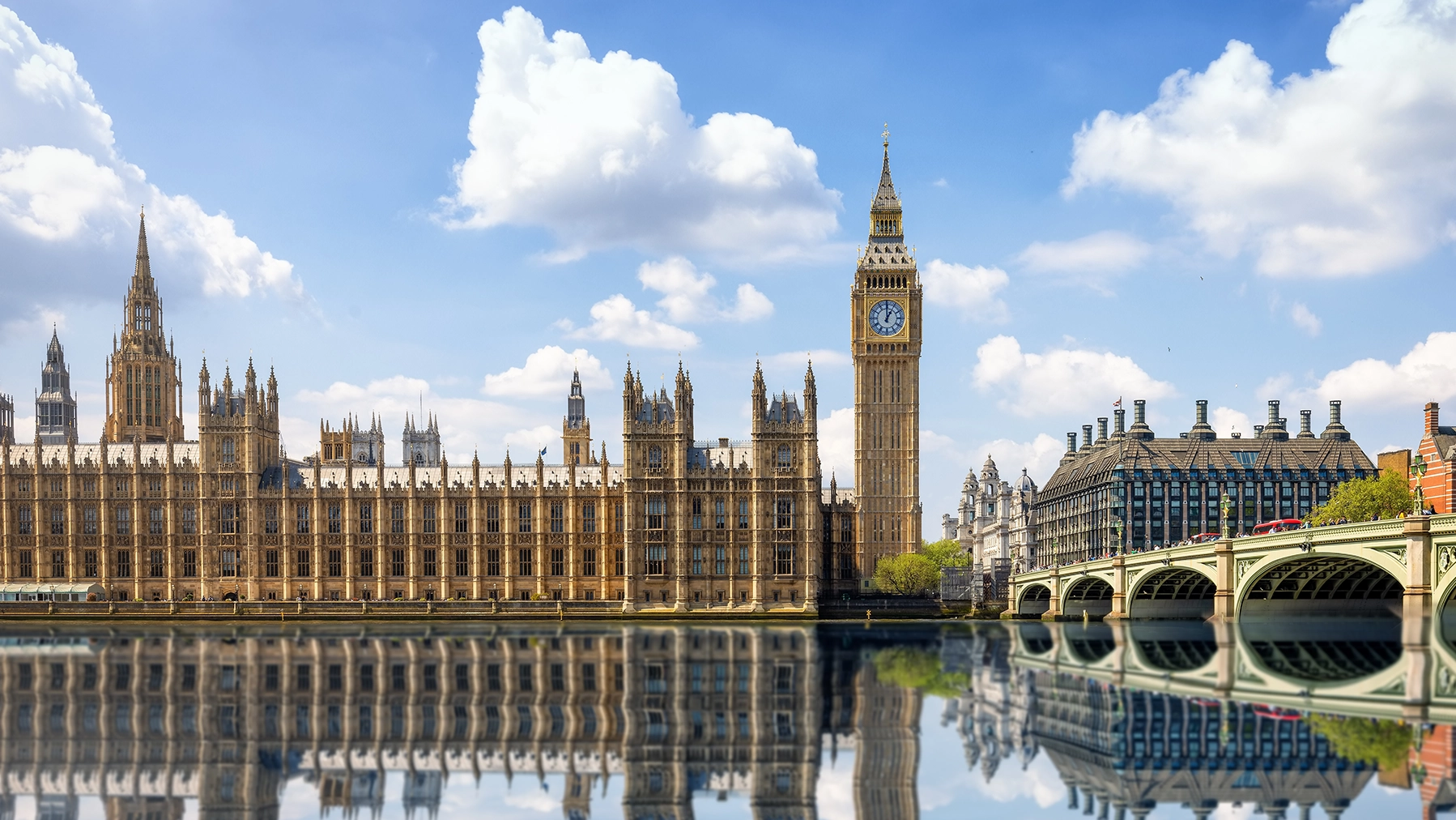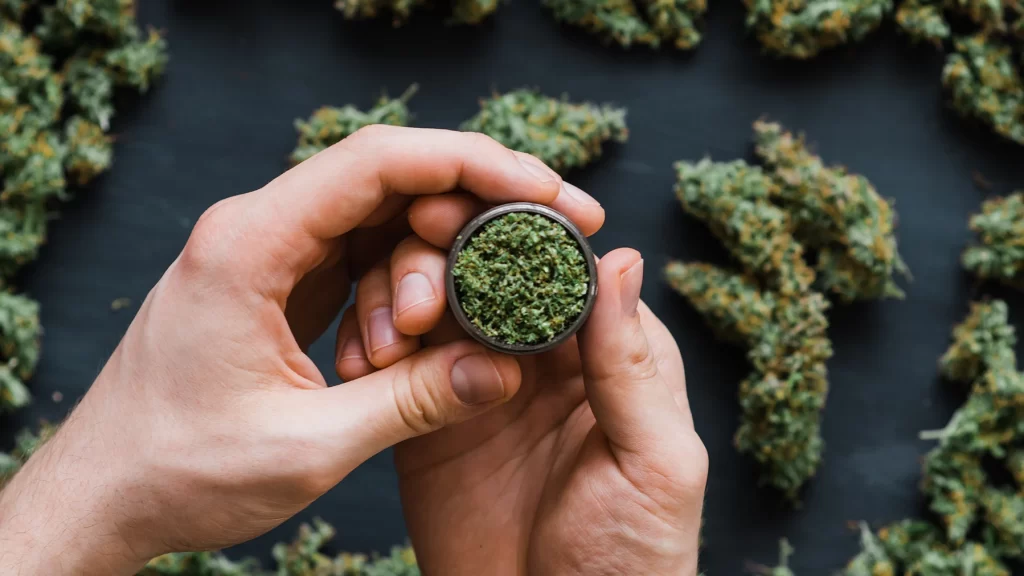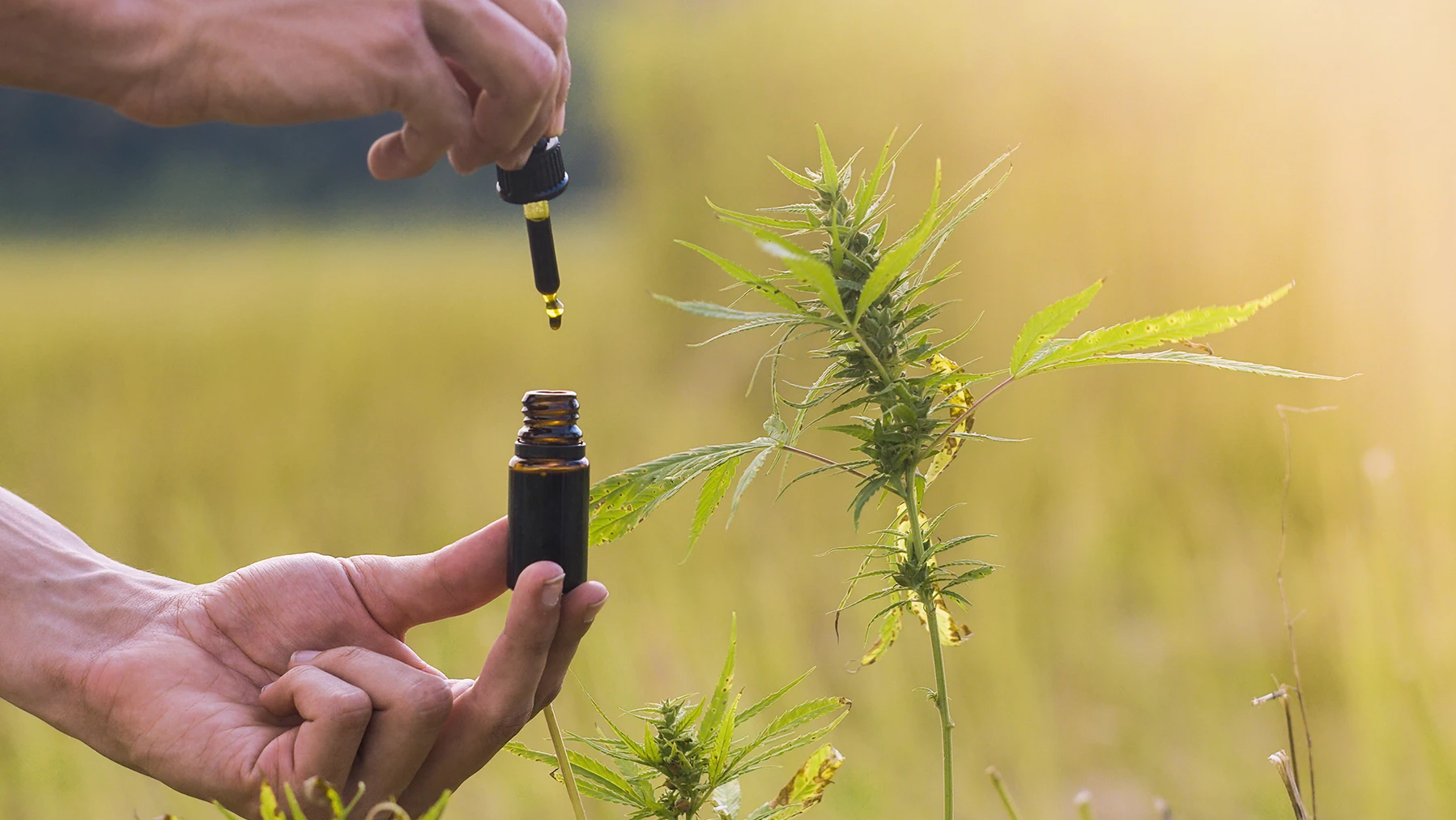This short medicinal cannabis article will provide an overview on the history of medicinal cannabis in the UK, the factors which influenced medicinal cannabis’ legality, and the conditions which medicinal cannabis can be prescribed for.

How was medicinal cannabis legalised in the UK?
Medicinal cannabis became legal in the UK in 2018 due to two high profile media campaigns which captured the attention of the public and ultimately forced the government into action. These campaigns followed the stories of two children, Billy Caldwell (12) and Alfie Dingley (6), both of whom suffer from severe epilepsy and experience life threatening seizures. For both of these children the use of cannabis oil significantly reduced the frequency and severity of their seizures, leading to a vast improvement to their quality of life.
In the case of Billy Caldwell, whose medicine was legally prescribed by a Dr in Canada, but seized upon entry to the UK, the public were outraged that his access to the medicine was prevented by current legislation.
The extensive media coverage and support from the public resulted in Jeremy Hunt (Health Secretary at the time) and Savid Javid (Home Secretary at the time) examining the need for medicinal cannabis for those suffering with a range of severe conditions, and ultimately passing legislation for patients who met the criteria for a range of health conditions.
A scheduling review published in July 2018 outlined the evidence base for medicinal cannabis, finding that there was conclusive evidence that medicinal cannabis could help with chronic pain, chemotherapy induced nausea, and for improving multiple sclerosis spasticity symptoms.
Medicinal cannabis was also rescheduled from a Schedule 1 to Schedule 2 substance as part of this process, meaning that medicinal cannabis was recognised as possessing medicinal value and could be prescribed under the direction of a specialist medical practitioner.
Moderate and limited evidence were found for a broad range of other symptoms, and data on the efficacy of medicinal cannabis is a developing field which is constantly evolving.
What conditions can medicinal prescriptions be obtained for?

Medicinal cannabis can be prescribed if the patient suffers from any of the following conditions and can prove they have not benefited from at least two types of medication used to address the issue:
Pain: Arthritis, back pain and sciatica, cancer-related pain, chronic pain, chronic regional pain syndrome, ehlers danlos syndromes, endometriosis, fibromyalgia, migraines, musculoskeletal pain, neuropathic pain
Psychiatric: Agoraphobia, anxiety, appetite disorders, attention deficit hyperactivity disorder (ADHD), autism spectrum disorder, depression, insomnia, obsessive-compulsive disorder (OCD), post-traumatic stress disorder (PTSD), stress disorders, tourette’s syndrome
Neurological: Alzheimer’s disease, chronic fatigue syndrome/ME, epilepsy, cluster headaches, motor neurone disease, multiple sclerosis, restless leg syndrome, parkinson’s disease, stroke
Gastrointestinal: Crohn’s disease, inflammatory bowel disease, colitis, irritable bowel syndrome
Oncological: Cancer-related pain, cancer-related appetite loss, chemotherapy-induced nausea and vomiting
Palliative care: Terminal cancers, kidney failure, parkinson’s disease, alzheimer’s disease, congestive heart failure, multiple sclerosis, leukaemia and lymphoma
Paediatric care: Rare and chronic epileptic disorders, behavioural issues, anxiety and depression disorders, chronic pain, gastroenterological conditions, lennox-gastaut syndrome
Dermatological: Burns, acne, athletes foot, birthmarks, blackheads, skin cancer, lupus, dermatitis, eczema, herpes, psoriasis, thrush, varicose veins, warts
How is medical cannabis prescribed?

Those with a cannabis prescription can legally obtain cannabis flower or oil. While the NHS can prescribe medicinal cannabis in the form of Sativex and Epidiolex (a THC and CBD spray), it is incredibly rare that the NHS will provide cannabis medication without consistent evidence of severe conditions which have been exhaustively tested with other medication.
It is far more likely that medical cannabis prescriptions are obtained through specialist doctors and pharmacies which specialise in medicinal cannabis in a private capacity. Unlike the NHS, obtaining a medical cannabis prescription in this way will cost money for the assessment and monthly prescription which follows.
How do medicinal cannabis patients consume their medication?
Medical cannabis is typically consumed in two forms. It is either ingested using THC oil which is dropped onto the tongue, or vaped using cannabis flower and a vaporiser to inhale the product. Some patients may also ingest medicinal cannabis using THC capsules which are taken in the same way that you take painkillers.
Can patients drive while taking medicinal cannabis?
The misuse of cannabis when driving can lead to the DVLA refusing or revoking a driving licence. However, medical cannabis patients with a legal prescription in the UK are treated differently, in line with other prescribed medications.

Aside from medical cannabis, drivers must inform the DVLA of any medical condition that could affect their driving. After which, the DVLA will make an assessment if the patient is fit to drive. The only condition for which this is mandatory for medical cannabis treatment is epilepsy.
However, with that said it is strongly advised that medical cannabis patients notify the DVLA of their prescription to avoid risking losing their insurance coverage should they get into a collision. Clinicians prescribing medical cannabis to a patient are also expected to provide them with advice on driving while using medical cannabis, as with any other medication.
The main takeaway point here is that patients should not drive if they feel impaired from their medication.
How does the UK stance on medicinal cannabis compare to other countries?
The drug policy world is in a constant state of change. As of the time writing this (April 2024) medicinal cannabis is legal in 49 countries worldwide, however a number of other countries are in quasi-legalised stages of medicinal cannabis where they are either experimenting with trials or only permitting forms of medical cannabis such as Sativex or Nabilone.
Recently, there have been a number of countries in Europe that have also legalised or decriminalised cannabis altogether. Most prolifically, Germany passed legislation on the recreational cultivation and consumption of cannabis in March, and the Czech Republic is also in the process of trialling different models of cannabis legalisation.
Other notable European countries who have passed significant cannabis legislation include Switzerland, Malta, Luxembourg, and The Netherlands. Some form of decriminalisation legislation is also being exercised in Spain, Portugal, Italy, Belgium, Austria, Slovenia, Croatia, and Estonia.
The specifications of these legal frameworks vary depending on the country, so it is crucial to examine each country’s rationale and laws individually.
Key Points
- Medicinal cannabis has been legal in the UK since 2018.
- The most common conditions that medicinal cannabis can be prescribed for are pain, psychiatric, and neurological related conditions but prescriptions can be provided for a wide range of conditions.
- Medication typically comes in the form of oil or flower, which is either ingested or inhaled.
- Most medicinal cannabis prescriptions are private, but Sativex spray can be prescribed on rare occasions.
- Patients cannot drive while under the influence.
- Drug policy is constantly evolving, so it is important to stay informed on the legal framework of medicinal cannabis.
How Plantific can help with understanding medical cannabis
Our introductory course to the cannabis industry provides a comprehensive and detailed learning experience with extensive listing of the required research areas to be briefed on the past, current and future aspects of the international legal medical cannabis industry.
By the end of the course, you will have the necessary knowledge to:
- Understand the fundamental traits of cannabis and recognise the various components of the plant
- Grasp the process of cultivating cannabis and manufacturing cannabis-based products
- Differentiate between cannabinoid-rich products and non-cannabinoid rich ones like industrial hemp, as well as between the psychotropic component THC and non-psychotropic ones like CBD
- Discern how cannabis products are tested to comply with international standards
- Understand how the cannabis engages with critical systems in the human body
- Determine what the current body of scientific evidence says about the effectiveness treating medical conditions with cannabis
- Recognise the adverse effects and other risks of cannabis use
- Comprehend the current leading regulatory frameworks governing medical and recreational cannabis use, including pilot programmes
- Appreciate the historical and cultural significance of cannabis, as well as the development of policy debates and regulations surrounding its use.
- Formulate a panorama of the cannabis industry and the different sectors within it
If you are interested in learning more, explore the various courses we offer.


